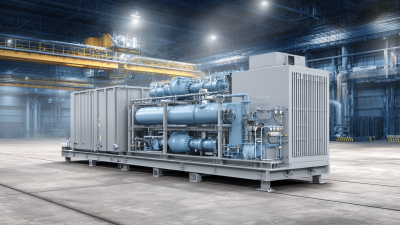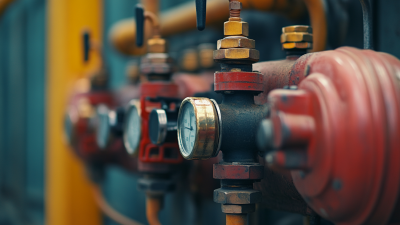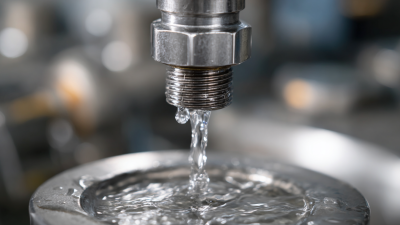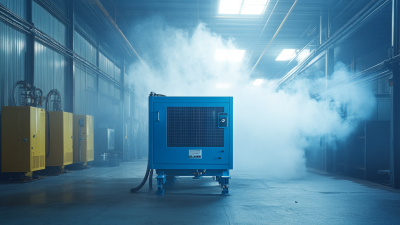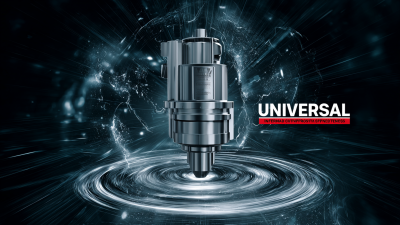
- sales@bjbod.com
- Mon - Sat at 7:00AM to 9:00PM

In today's industrial landscape, the efficiency and reliability of equipment are paramount, making the selection of the right filtration systems crucial to operations. A significant component in this regard is the Air Water Separator Filter, which plays a vital role in removing moisture and contaminants from air systems, thereby preventing damage and ensuring optimal performance.
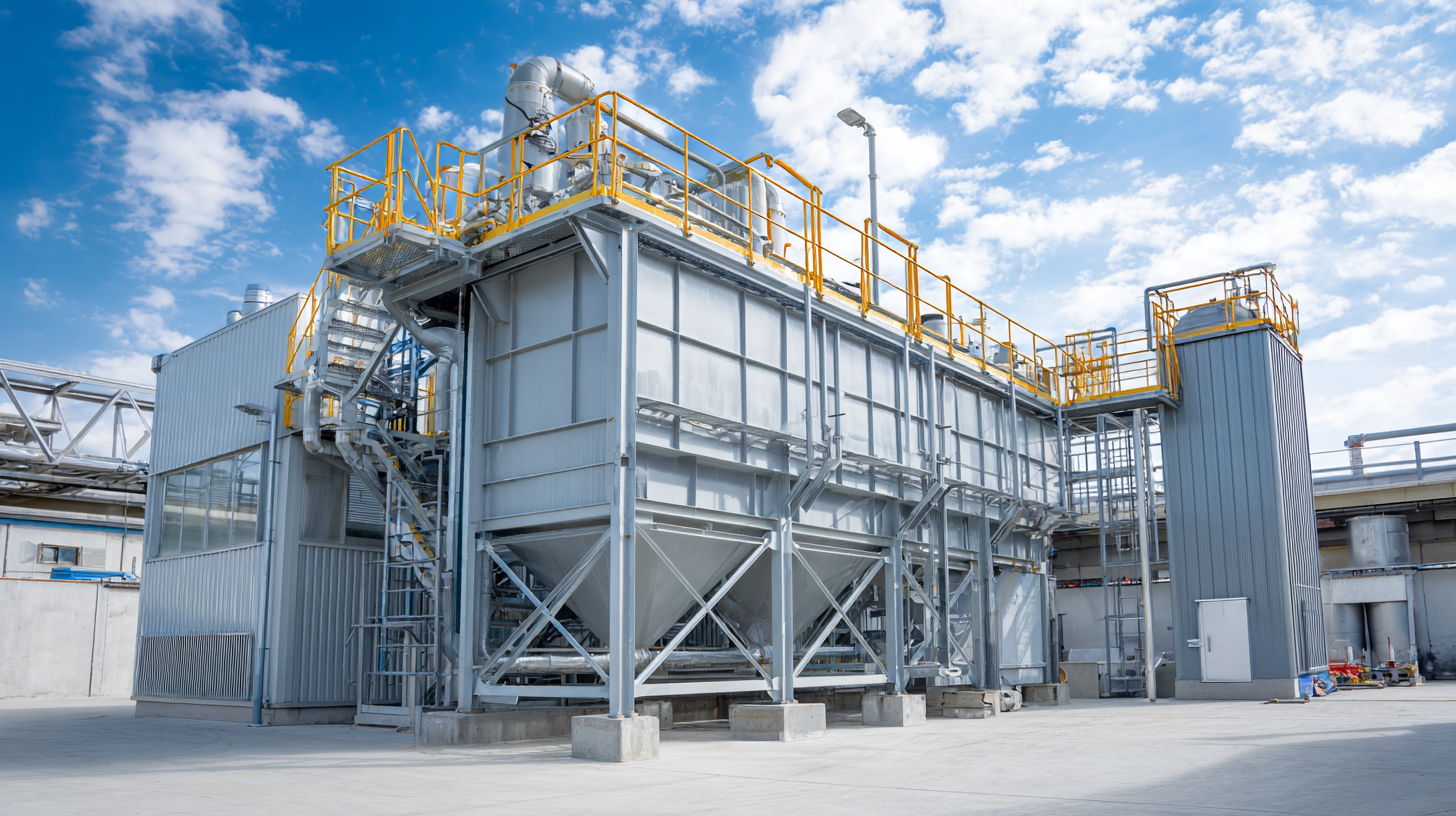
According to a recent report by MarketsandMarkets, the global air filtration market is projected to reach $23.48 billion by 2027, underscoring the increasing importance of effective filtration solutions across various industries. Properly choosing an Air Water Separator Filter not only enhances equipment longevity but also improves productivity and reduces maintenance costs.
As industries continue to evolve, understanding the key factors and best practices for selecting the most suitable air water filtering systems becomes essential for maintaining a competitive edge.
Air water separator filters play a crucial role in maintaining the efficiency and longevity of industrial equipment. Understanding the technology behind these filters can help you make informed decisions when selecting the best option for your specific needs. One of the key features of air water separator filters is their ability to effectively remove moisture and contaminants from compressed air systems. This is essential for preventing rust, corrosion, and other issues that could lead to costly downtime and repairs.
Another significant benefit of these filters is their impact on operational efficiency. By ensuring that only clean, dry air enters your machinery, air water separators can enhance performance and reduce energy consumption. Many modern filters come with advanced technology such as automatic drain systems, which minimize maintenance by removing collected water without manual intervention. This not only saves labor costs but also ensures that your system operates at peak performance, ultimately contributing to a more productive and trouble-free industrial process.
When selecting an air water separator filter for industrial applications, adherence to industry standards and regulatory compliance is paramount. A recent report indicates that advances in oily water separator technology are enhancing both compliance and operational efficiency, a vital concern under regulations set forth by the International Maritime Organization (IMO). This sector is increasingly focusing on minimizing environmental impact while ensuring that processes align with regulatory expectations, reinforcing the significance of choosing filters that meet or exceed these standards.
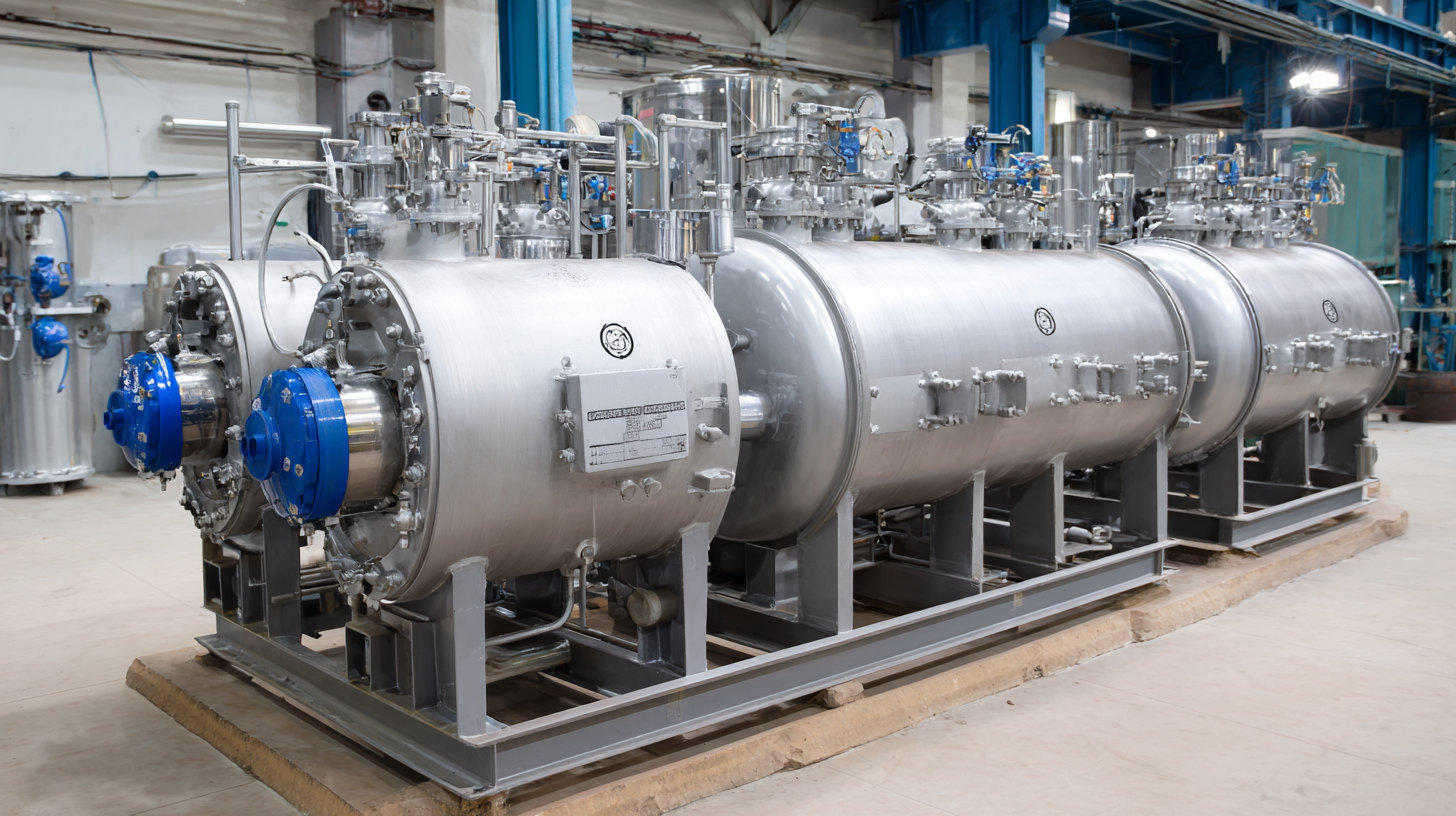
Moreover, effective filtration technologies are essential not only in maritime settings but also in food processing and mineral extraction industries. For instance, in the oil and gas sector, separation and filtration technologies are noted to improve compliance with environmental regulations while optimizing recovery processes. Reports suggest that well-designed air water separators can achieve removal efficiencies of up to 99% for certain contaminants, which is critical for meeting stringent regulatory requirements and ensuring product safety. In a landscape where compliance can significantly influence operational costs and sustainability efforts, investing in high-quality air water separator filters is a strategic decision for manufacturers across diverse industries.
When selecting an air water separator filter for industrial applications, evaluating filter efficiency is crucial for ensuring optimal performance. Various metrics can help determine a filter's effectiveness, including the separation efficiency percentage, pressure drop, and dirt-holding capacity. Separation efficiency, expressed as a percentage, indicates the filter's ability to remove water and particulates from compressed air, while a lower pressure drop indicates minimal energy loss during operation. Understanding these key metrics allows industries to make informed decisions based on their specific needs.
Additionally, benchmark data plays an essential role in evaluating filter performance. Comparing filter models against standardized tests can shed light on their reliability and longevity under different operating conditions. By analyzing the performance of different air water separators through lab tests and real-world applications, manufacturers can identify the best fit for their operational requirements. This data-driven approach not only enhances operational efficiency but also reduces maintenance costs, ensuring that the chosen filter meets the demands of any industrial setting effectively.
| Filter Type | Efficiency (%) | Flow Rate (GPM) | Max Pressure (PSI) | Maintenance Interval (Months) |
|---|---|---|---|---|
| Cyclonic Separator | 95 | 10 | 150 | 6 |
| Coalescing Filter | 99 | 20 | 200 | 12 |
| Membrane Filter | 99.5 | 5 | 100 | 18 |
| Electrostatic Filter | 97 | 15 | 120 | 9 |
When considering the purchase of an air water separator filter, performing a cost-benefit analysis is crucial for making the best decision within your budget. Begin by evaluating the initial cost of the separator system, including installation, maintenance, and any additional equipment needed for operation. While some filters may have a lower upfront price, they might require more frequent replacements or more costly maintenance down the line, increasing your long-term expenses.
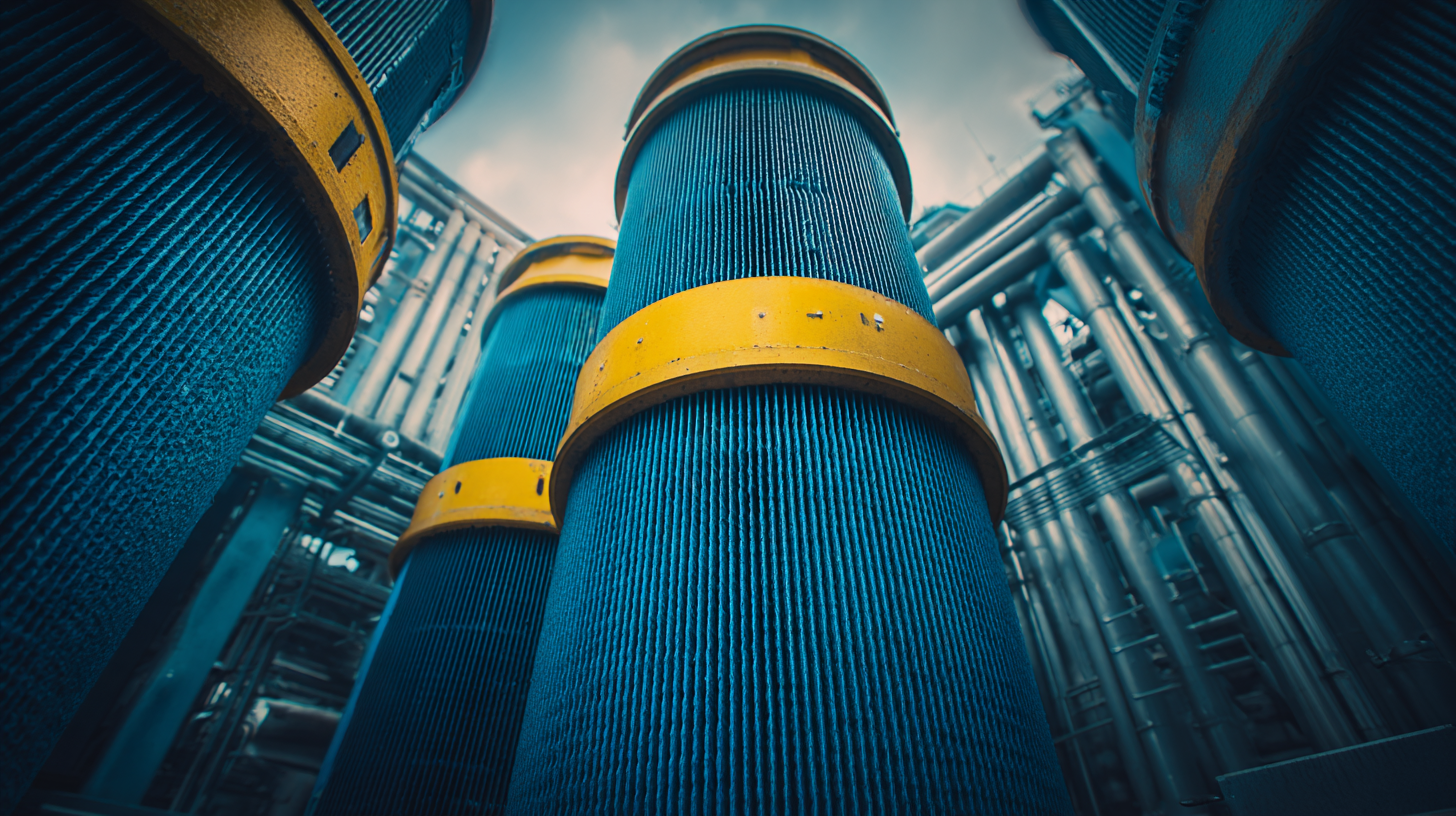
Next, consider the operational efficiency and effectiveness of the filter. Higher-quality air water separators typically offer better performance, which can lead to reduced downtime and enhanced productivity in your industrial process. Assess the potential costs of inefficiencies, such as equipment failure or compromised product quality, which may result from using a subpar filter. By juxtaposing these long-term savings against the initial investment, you can identify the separator that not only fits your budget but also maximizes your operational efficacy. This approach ensures you get both quality and value, ultimately leading to a more profitable business outcome.
Maintaining an air water separator filter is crucial for ensuring the longevity and performance of your industrial system. According to a report by the Institute of Clean Air Companies, over 30% of industrial filters fail prematurely due to inadequate maintenance practices. To prevent such issues, it's essential to establish a routine that includes regular inspections, cleaning, and timely replacements. Implementing a preventive maintenance schedule not only enhances filter efficiency but also reduces operational costs associated with unplanned downtime.
One key best practice is to monitor the differential pressure across the filter. A rise in pressure can signify that the filter is becoming clogged, which impacts its performance. The American Filtration and Separations Society recommends conducting pressure checks weekly and recommends replacement when the pressure drops below 15 psi from the normal operating range. Additionally, keeping a log of maintenance activities helps in identifying patterns and potential issues over time. By adhering to these practices, industries can ensure that their air water separator filters not only meet regulatory standards but also deliver optimal performance throughout their operational lifecycle.
